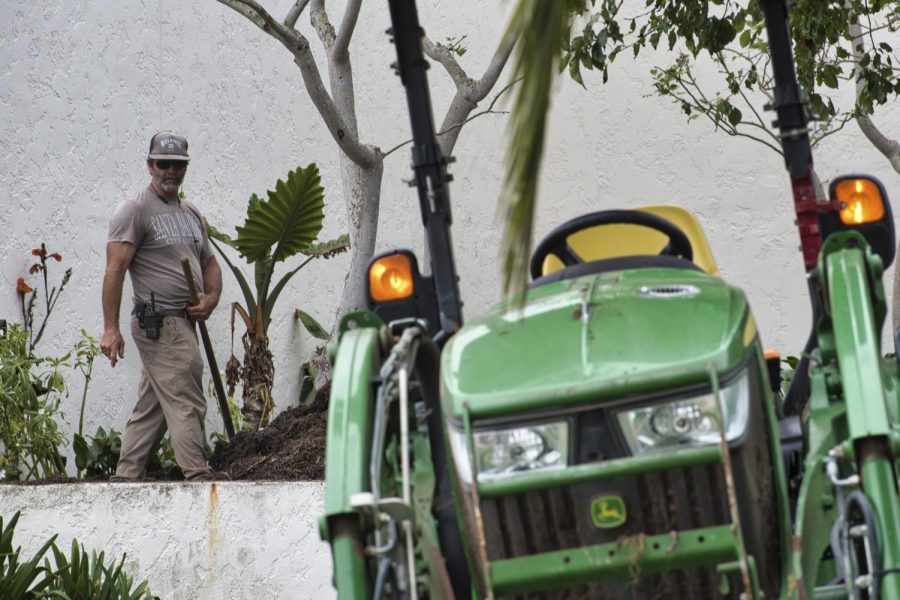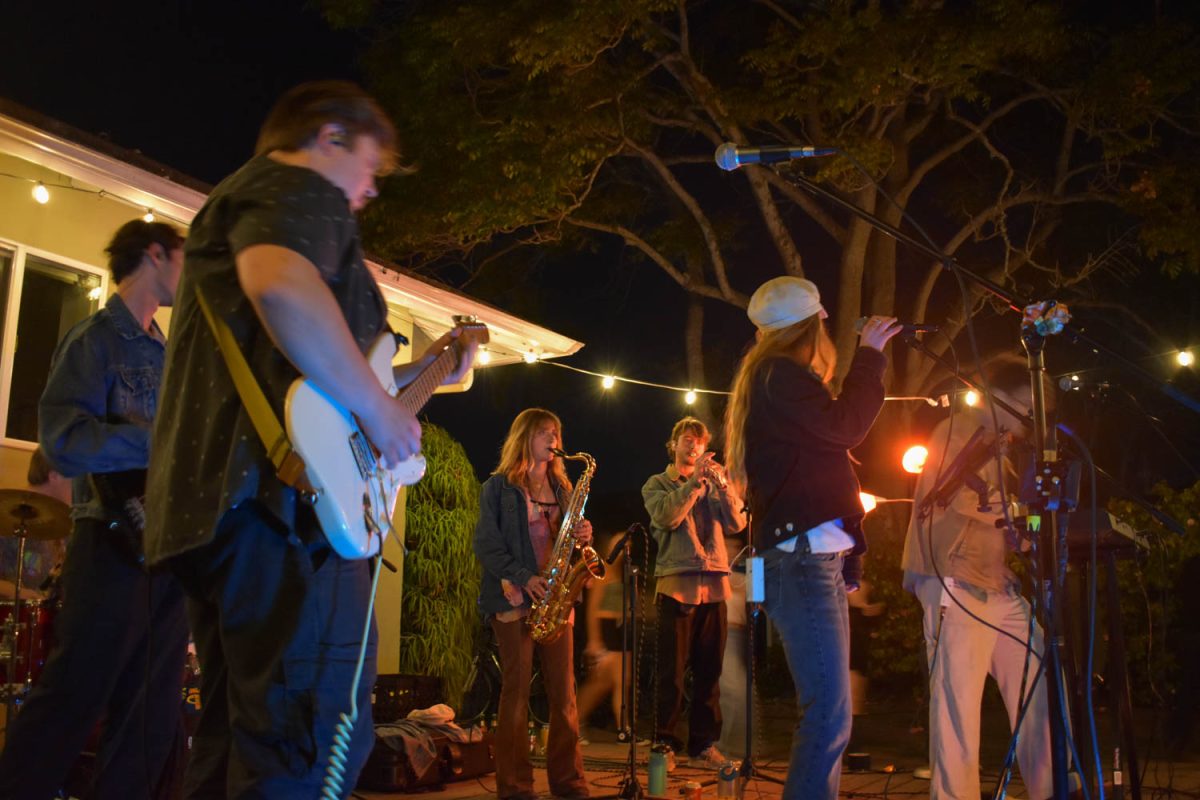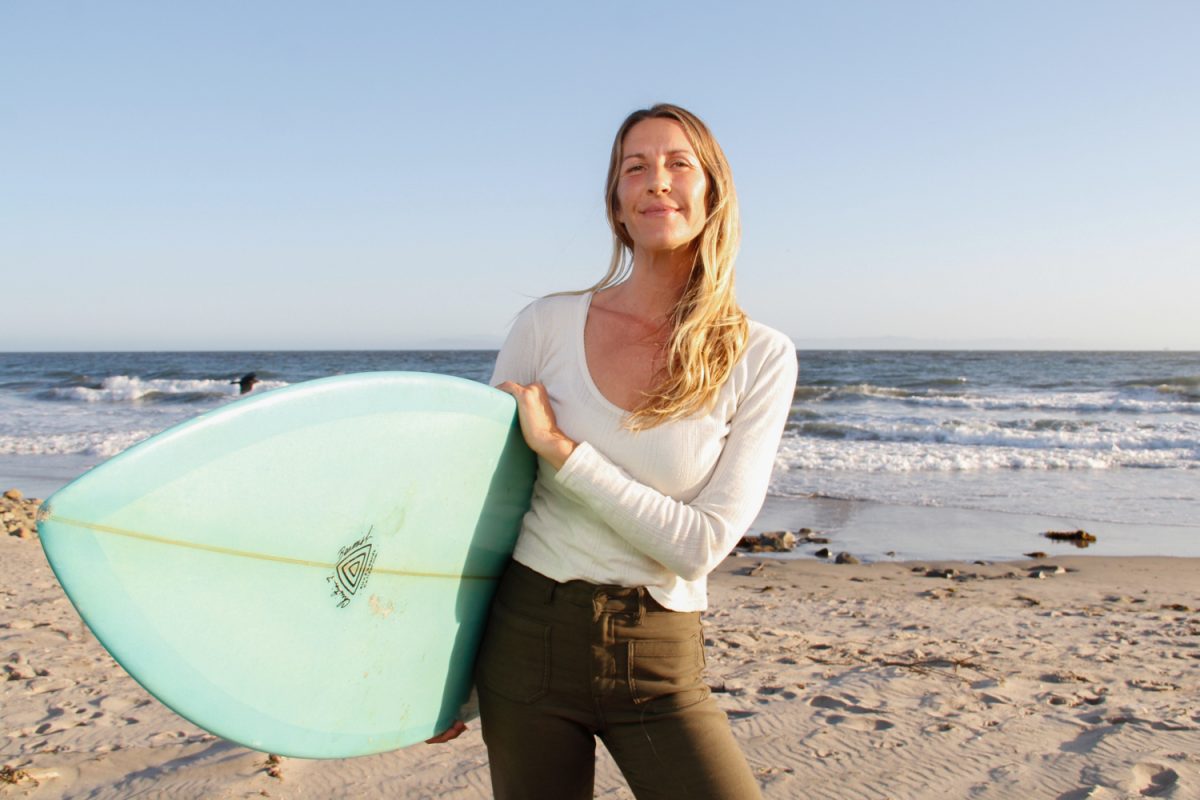As temperatures rise in Santa Barbara and ongoing climate changes, students and faculty members of City College are directly impacted.
With California in an ongoing drought, and waste levels rising, the City College is proactively implementing certain standards for climate solutions.
In October 2018, City College District’s Sustainability Plan was launched. It contains goals that were made by the committee. Some of the goals include reducing potable water use by 30% by 2021, reducing overall waste generated by 10% by 2021, and many more.
However, COVID-19 sent the committee into “emergency operation mode,” which put the plans to a pause and caused the committee to meet less. With the need for masks and demand for single-use plastic, it was inevitable that the overall percentage of waste would increase.
“Even with these challenges, SBCC has still made significant progress in working towards our sustainability goals,” Mark Broomfield, operations manager said.
Food waste is the largest source of waste on the City College campus. However; to combat this issue, City College began composting 100% of food scraps during the summer. Material such as cardboard and recyclables are also composted. This compost is then given to local farmers, gardeners, and landscapers for soil. This is not only helping reduce waste on campus but also providing material for local agricultural workers.
City College also has several demonstration gardens that provide food for the Basic Needs Center, and also serve as a learning opportunity for students. Students have the opportunity to maintain and utilize the gardens to sustainably provide for their local community, as well as positively contribute to the environment. With these gardens, students learn to grow and harvest materials sustainably while simultaneously giving back to their community.
96% of all landscapes on East Campus utilize recycled water, provided by the City of Santa Barbara. This recycled water also contains micronutrients so fertilizer does not have to be used. 100% of West Campus’ field is watered by recycled water, as well as all turf areas, and numerous toilets across the East Campus.
“The City reclaims around 1.5 – 2.5 million gallons of wastewater every day and is an amazing resource for our campus,” said Broomfield.
Due to the declining amounts of freshwater, the utilization of recycled water is essential. Creating potable water also needs lots of energy to become treated and usable, so the more water that is reused, the more energy can be saved.
“I’m looking forward to getting our sustainability group back up and running,” said Broomfield.
Department Chair of the Biological Science Department, Michelle Paddack has recently stepped up to help lead the sustainability committee after their brief pause due to COVID-19.
“We are just getting started,” said Paddack.










![Milton Alejandro Lopez Plascencia holds a flag showcasing the United States and Mexico on Feb. 7 in Santa Barbara, Calif. “It’s heartbreaking to see what is happening all across the country,” Lopez Plascencia said. “I [want] my voice to be heard by the community.”](https://www.thechannels.org/wp-content/uploads/2025/05/MGSImmigration-1-1200x800.jpg)




